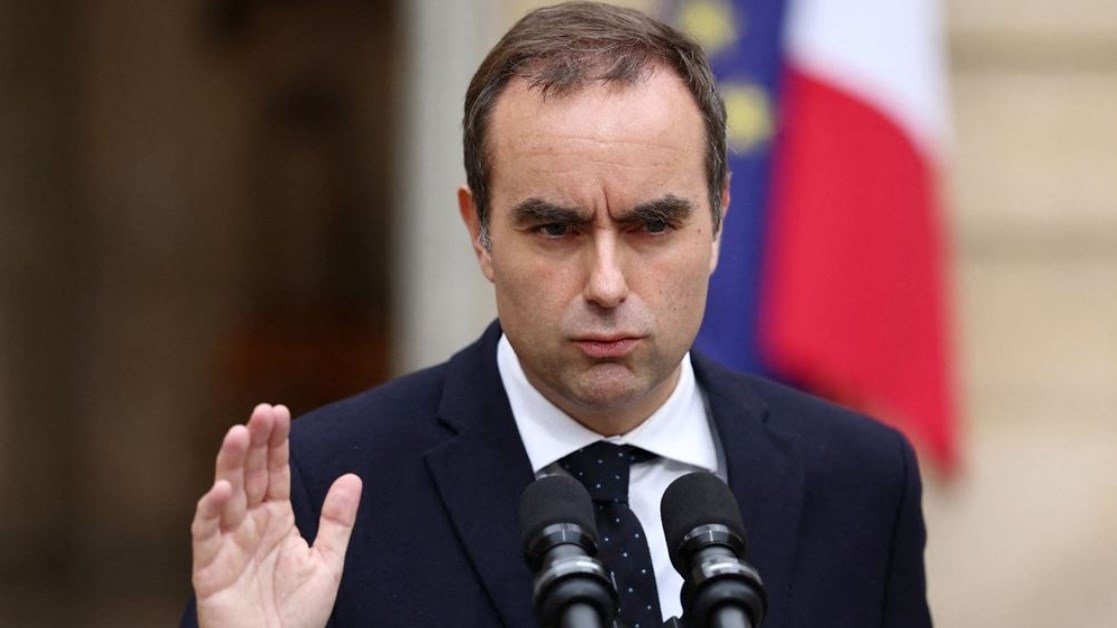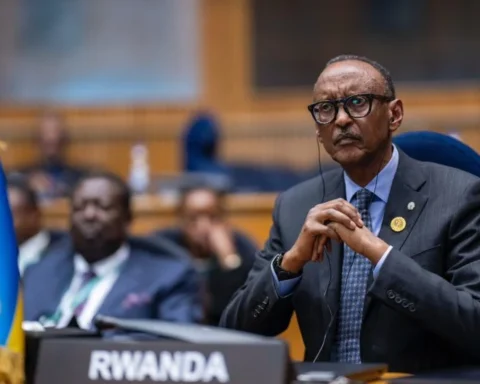France’s newly appointed Prime Minister, Sébastien Lecornu, resigned on Monday, just hours after unveiling his first cabinet lineup.
The move, swiftly accepted by President Emmanuel Macron, has plunged the nation deeper into political uncertainty at a time when stability is desperately needed.
According to a statement from the Elysée Palace, Lecornu submitted his resignation letter early Monday morning, and President Macron accepted it without hesitation. The announcement came only 14 hours after Lecornu introduced his ministerial team — a lineup that faced criticism for closely mirroring that of his predecessor, offering little sign of political renewal.
In a brief address before stepping down, Lecornu expressed frustration over what he described as “an impossible political environment,” saying that France’s fragmented Parliament made it “unfeasible to govern effectively.” His remarks hinted at deeper divisions among lawmakers following last year’s snap elections, which left no party with an outright majority in the National Assembly.
Political analysts say the resignation highlights the growing fragility of President Macron’s second term. Without a stable majority, his government has struggled to pass key reforms, particularly on fiscal policy and public sector spending. The sudden collapse of Lecornu’s government now delays critical legislative plans, including the 2026 national budget, which was due for debate later this month.
Also Read; Barrick Mining Reaches 13-Year High After Nevada Gold Find
Financial institutions have already expressed concern over the fallout. Global rating agencies warned that continued political paralysis could damage France’s credit rating and investor confidence — a potential blow to one of Europe’s largest economies.
Meanwhile, opposition parties were quick to seize the moment. Leaders from both the far right and far left called for the dissolution of Parliament and demanded new elections. Jean-Luc Mélenchon, head of the left-wing France Unbowed movement, accused Macron of “dragging the country into chaos,” while Marine Le Pen’s National Rally party said the resignation proved “the government has lost all legitimacy.”
Lecornu, 39, was one of Macron’s most trusted allies and among the few figures to have served continuously in the president’s administration since 2017. His resignation, however, underscores a broader issue: the inability of any leader to bridge France’s increasingly polarized political landscape.
With his government now in limbo, President Macron faces limited options. He may appoint a new prime minister capable of building consensus, or he could call another round of elections — a move that carries immense political risk. Analysts warn that whichever path he chooses, France’s political divisions are unlikely to heal quickly.







